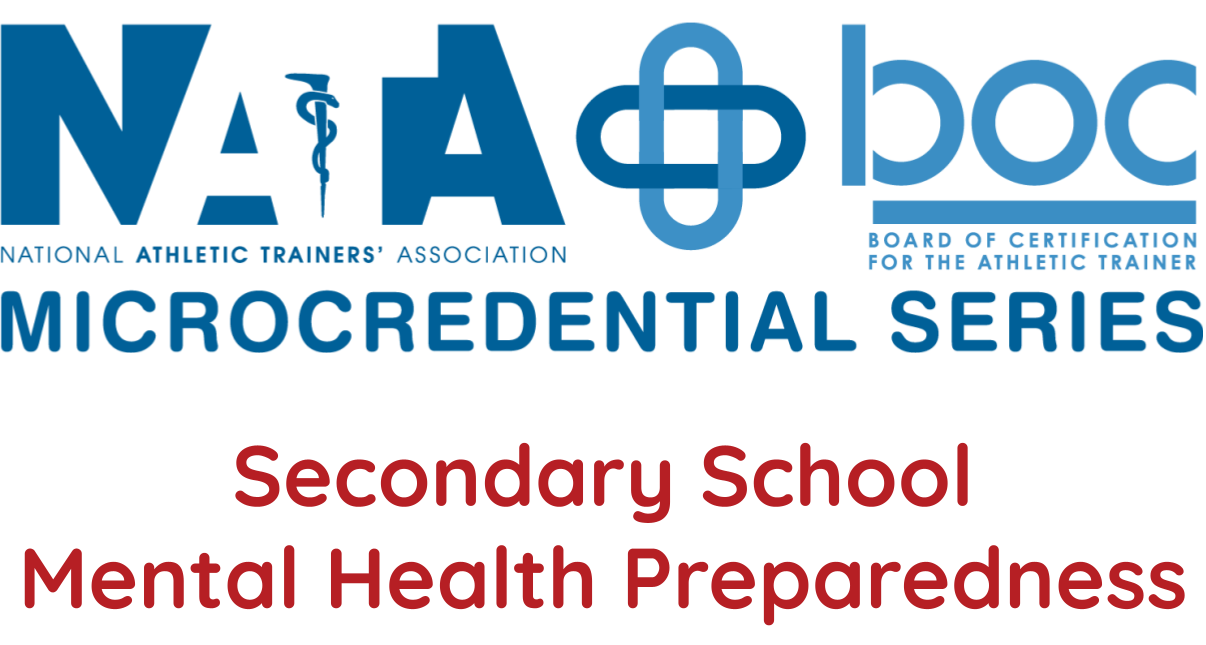
When Nonspecific Low Back Pain Goes Sideways: Fibromyalgia in the College Student Athlete
-
Register
- Non-member - $25
- Member - Free!
- Student - Free!
- Certified Student - Free!
- Retired - $15
Abstract:
Fibromyalgia is a complex clinical diagnosis that may initially present in patients with non-specific pain and fatigue. While not traditionally considered in the athletic population, fibromyalgia is diagnosed in approximately 2 to 3% of the population worldwide. Due to the lack of definitive diagnostic testing, fibromyalgia is typically found secondary to failed intervention and is made through a diagnosis of exclusion. Fibromyalgia has been correlated with psychosocial factors, including stress levels and anxiety, but has also been found to have a neuroplastic and inflammatory influence. While fibromyalgia lacks a definitive cure, treatment can be provided through a multi-disciplinary healthcare team to include therapeutic exercise, manual therapy, psychotherapy and pharmacology to improve patient functioning during activities of daily living.
Learning Objectives:
- Identify key red flags for non-orthopedic etiologies of back pain.
- Outline best practices for a multimodal treatment strategy for a patient with fibromyalgia.
- Describe the current literature regarding risk factors for fibromyalgia diagnosis.
Level:
Advanced
Domain(s):
Domain 2: Assessment Evaluation and Diagnosis
CEUs:
1.0 Category A
Keywords: General Medical; Red Flags; Multidisciplinary Healthcare Team
Enhanced Access On-Demand Course Expiration:
Access to this course will expire at the end of the membership year on December 31 at 11:59 p.m. CST.
For full details, refer to the Expiration Date Policy on our FAQ page.
Matthew Mills, EdD, ATC, CHSE
Matt Mills, EdD, ATC, CHSE, is an Assistant Professor and Pre-Professional Athletic Training Program Director at Springfield College. He specializes in interprofessional education, simulation, and athletic training education, utilizing advanced educational technologies to enhance student learning.
Dr. Mills' research focuses on simulation's impact on self-efficacy and anxiety in healthcare students, with numerous publications and presentations at national conferences. He has a strong background in athletic training clinical education and healthcare simulation, holding certifications in simulation education and athletic training. Dr. Mills is dedicated to mentoring future professionals and advancing innovative teaching practices in athletic training education.

